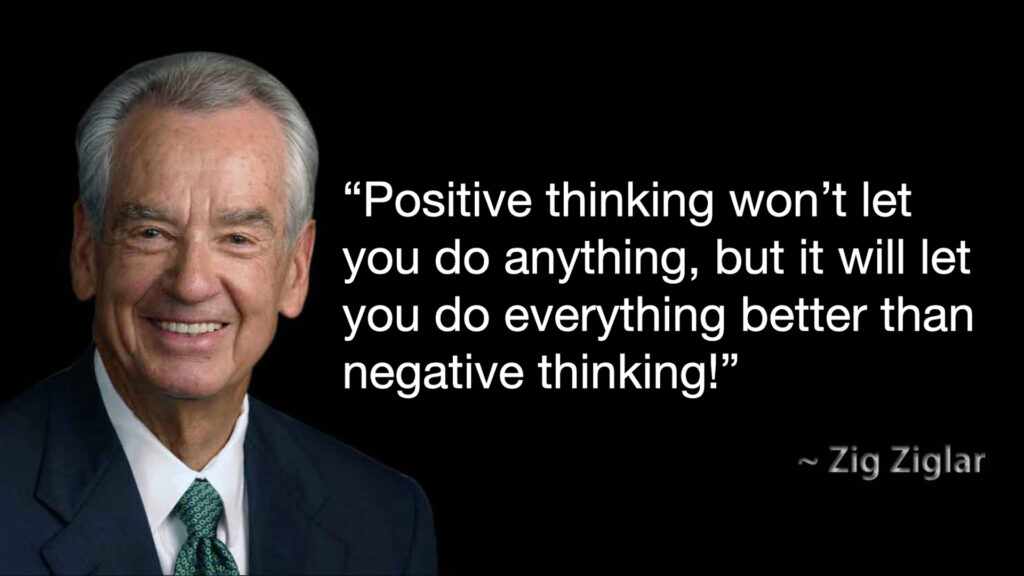I need to tell you something…
You are Outstanding!
So, what you are probably thinking right now is, “How do you know I’m outstanding? You don’t know me.”
You are probably correct, It’s more than likely I do not know you. Regardless, I’m going to stand behind my original statement by saying again that you, yes you. . . are Outstanding!
Here’s why I say that.
You are absolutely and unequivocally unique. You have a set of experiences that are yours, and yours alone. These have helped to form your personality, your views, your opinions, and ultimately your outlook on life. You may think your story is nothing unique or you may consider it out of this world special but in either case, it is yours and yours alone.
So at this point, I figure you are probably thinking …
“Wow, that is a great reminder, I don’t get to hear that type of affirmation nearly enough”.
Or…
“Ok, what is he selling?”
Or…
“Look strange internet blogger, I’m nothing special.”
Regardless of which of those was your response, I would like you to consider something I learned years ago from one of the most influential and inspirational people I never met.
“Positive thinking won’t let you do anything, but it will let you do everything better than negative thinking!” Zig Ziglar
Mr. Ziglar knew that the way you saw yourself had a direct impact on the person you would become and how you would see the people around you. Zig is no longer with us but his son, Tom who now runs Ziglar Inc. was kind enough to join us on our Driving Change Podcast (HERE) where he spoke about his father and some of what he learned growing up “the proud son of Zig Ziglar” as his signature line states. One of those things his dad preached was Positive Self Talk. Zig believed in this to his core and because of that, he developed his “Positive Self Talk” card.
Mr. Ziglar may not have known exactly why positive affirmation was effective, but with the advances in neuroscience over the past 30+ years, we now do. He called it “Truth Telling in Advance”. I’ve heard some call it, “fake it till ya make it” mode but regardless of what you may refer to it as, studies on the effects of affirmation show a direct correlation between how we feel about ourselves and achievement.
One such study was done by Harvard psychologist Robert Rosenthal where he delivered a “cognitive ability test” to students from 18 classrooms, ranging from Kindergarten to grade five. The test was designed to measure critical learning as well as problem-solving skills.
Once the test was complete, Rosenthal shared the results with the student’s teachers and he told them that about 20 percent of the students had shown potential for making major intellectual progress in the next year.
Naturally, those teachers then gave special attention to these ‘gifted’ students, so one year later when these same students took the test again, it was no surprise that these “bloomers” had improved quite a bit more than the others. The raw data showed that not only had their IQ points risen at greater rates, but two years later they were still outperforming their fellow classmates.
Now here is “the rest of the story”:
The students labeled as “bloomers” didn’t actually score higher on the initial test. Rosenthal had chosen them at random.
The study was actually designed to find out what would happen to students if teachers believed they had greater potential. The students were randomly selected to be part of the ‘bloomer’ group. The result? The teachers’ beliefs created self-fulfilling prophecies allowing those kids to excel with nothing more than the belief of a teacher behind them.
And guess what, it doesn’t just work with kids.
When researcher Brian McNatt analyzed seventeen studies of nearly 3,000 employees working for different organizations, he found that when managers saw and treated employees as having high potential, they ‘bloomed’.
So here is the point of all of this:
- If you want to get the best out of others, focus on their potential.
- If you want to become the best version of yourself, acknowledge your potential, too.
If you’re still not convinced, remember this: Your experiences are unique; making them special. At the same time, our feelings and emotions are universal: You have felt joy, anger, excitement, nervousness, sadness and love just like everyone else.
So inside this wonderful combination, you have:
- a single, unique personality
- a one-of-a-kind story
- a unique set of circumstances.
Yet, you also can empathize with anyone on this planet. To share their feelings. To build relationships. To make connections.
What do you think of that?
Because it sounds pretty outstanding to me.





